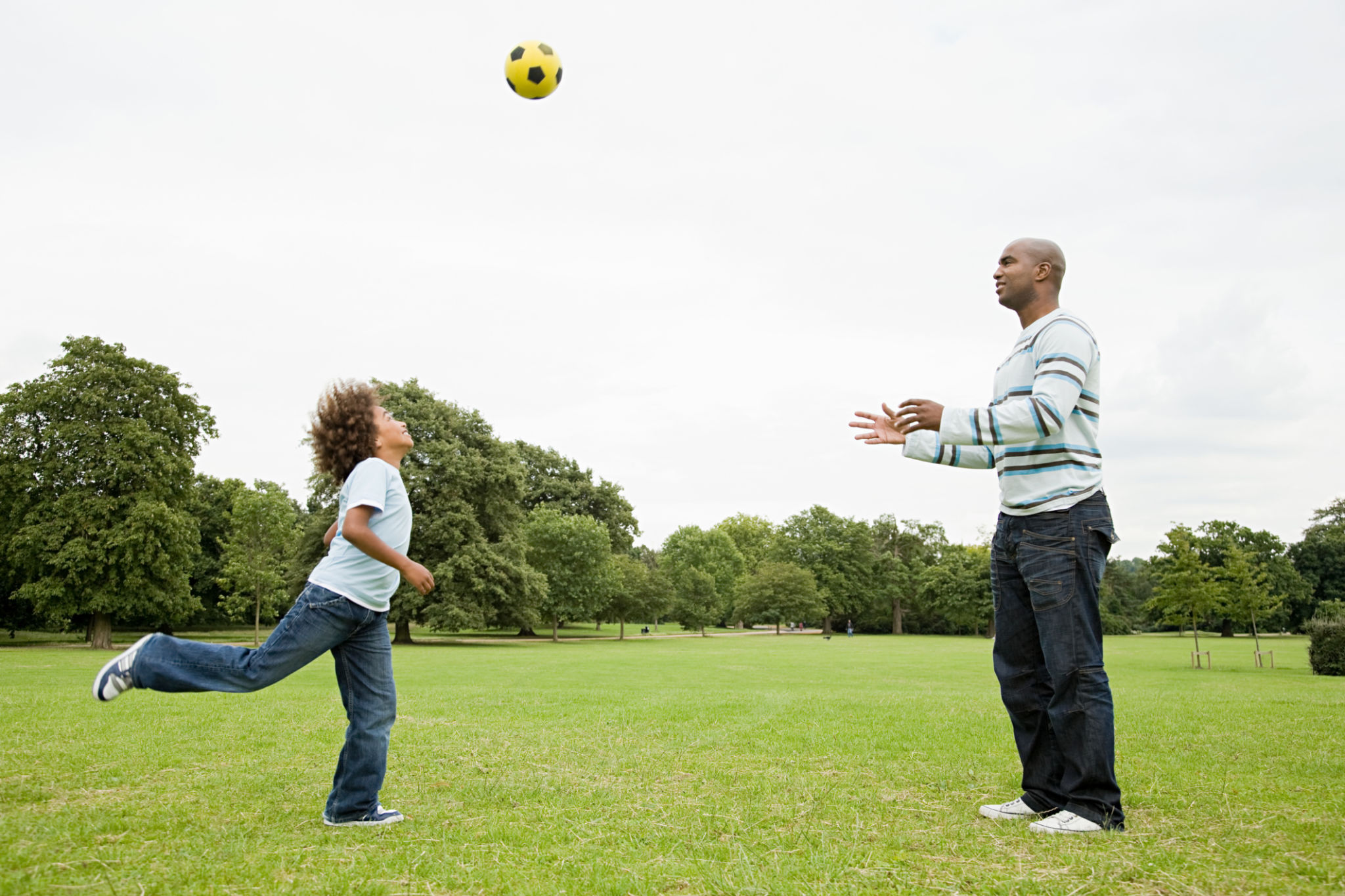Why Play-Based Learning is Essential for Early Development
Understanding Play-Based Learning
In recent years, play-based learning has gained recognition as a foundational approach to early childhood education. This educational philosophy emphasizes the importance of play in a child's development, fostering cognitive, social, and emotional growth. Through play, children explore the world around them, experiment with new ideas, and develop critical thinking skills.
Play-based learning is not just about fun and games; it is a strategic method that encourages children to learn through engaging, hands-on experiences. This approach nurtures creativity, collaboration, and problem-solving skills—all essential for future academic success and personal development.

The Role of Play in Cognitive Development
Play is a natural and intuitive way for children to learn. Through play-based activities, children develop their cognitive abilities, enhancing their attention span, memory, and language skills. For instance, when children engage in pretend play, they are not only exercising their imagination but also practicing language and communication skills.
Moreover, play encourages curiosity and inquiry-based learning. As children interact with their environment, they ask questions, make predictions, and test their ideas, laying the groundwork for scientific thinking. Play-based learning allows children to experiment with concepts in a stress-free environment, making it easier for them to absorb new information.
Social and Emotional Benefits of Play
Beyond cognitive benefits, play-based learning is crucial for social and emotional development. During play, children learn to collaborate with others, negotiate roles, and resolve conflicts. These interactions help build empathy and understanding, essential traits for effective communication and relationship-building.

Emotional resilience is another key benefit of play. As children face challenges and setbacks during play, they learn to manage frustration and develop perseverance. This emotional strength is vital for coping with life's ups and downs and contributes to overall mental well-being.
Physical Development Through Play
Physical activity is an integral part of play-based learning. Whether it's running, jumping, or climbing, these activities help develop gross motor skills and improve physical health. Fine motor skills are also honed through activities like drawing or building with blocks.
Regular physical play is linked to better sleep patterns and improved concentration in other areas of learning. Encouraging children to be physically active not only supports their physical development but also enhances their ability to focus and learn effectively.

Implementing Play-Based Learning at Home
Parents can easily incorporate play-based learning into everyday activities at home. Simple activities like building a fort with pillows or creating a small garden can provide rich learning experiences. It is important for parents to allow children the freedom to explore and guide their play without imposing strict outcomes.
By providing diverse materials and opportunities for exploration, parents can foster an environment where curiosity thrives. Encouraging children to ask questions and express themselves freely supports their development in multiple domains.
The Long-Term Impact of Play-Based Learning
The benefits of play-based learning extend beyond early childhood. Children who engage in play-based learning often demonstrate better problem-solving skills, creativity, and adaptability in their later years. These skills are highly valued in the 21st-century workforce, where innovation and collaboration are key.
Moreover, the joy of learning instilled through play often leads to a lifelong love for education. When children associate learning with fun and discovery, they are more likely to pursue knowledge enthusiastically throughout their lives.
